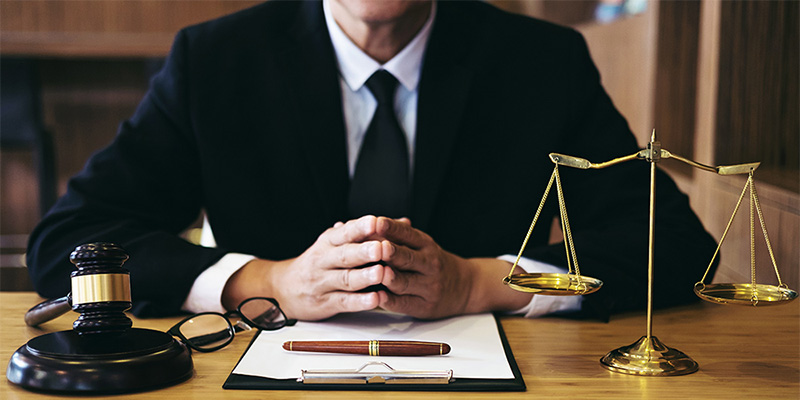As a board member of your community’s homeowners’ association, one of the most critical jobs that your governing body must do is enforce the covenants, conditions, and restrictions (CC&R) outlined in your bylaws. Your HOA established these terms to ensure that the community runs properly. Without these rules, chaos can ensue, with residents doing whatever they pleased.
Under Texas homeowners association law, you have a duty to enforce the restrictions outlined in your CC&Rs. If you fail to do so, a homeowner can sue the HOA for damages and file an injunction to enforce the provisions of the CC&Rs. However, not enforcing your association’s rules has wide-ranging consequences.
Reasons to Enforce Your CC&Rs
New homeowners must sign a contract agreeing to the bylaws when they move into their residences. That contract is legally binding for your board as well as the homeowner. Make sure that your HOA enforces the following.
Finances
All HOA members must pay their assessments at designated intervals as your community counts on that income for daily operations and reserve expenditures. Strictly follow your rules for non-payment of association fees, special assessments, and possible fines against homeowners. Make your collection policy for delinquent payments straightforward and easy to understand.
Fairness
Your regulations will only work if you administer them fairly across the board to every homeowner. You can’t select which to enforce or not enforce or let some owners slide on the upkeep of their properties while being strict with others. Unfair application of rules will result in disputes and lawsuits requiring the services of an HOA attorney.
Community Distrust
When you don’t apply the same standards to everyone, homeowners begin to distrust. Property owners who don’t maintain their homes and yards can erode property values in the community. Not having control over your homeowners and your board results in ineffective governing and turmoil.
Litigation and Forced Actions
When you don’t enforce rules, whether unfairly or not at all, you run the risk of litigation from homeowners. Liability can take many forms. The membership may also force you to do your duty, which will reflect poorly on your HOA. Your board may also be liable for damages that occur due to violations if members file a suit in court and get a judgment in their favor. Reparations can include monetary reimbursements to owners or hiring service providers to rectify problems depending on the violation.
In other instances, the court may waive HOA restrictions if you don’t apply them fairly. When this occurs, the best course of action may be to remove the restrictions entirely from your bylaws. In other cases, the court may rule that one homeowner may violate a rule while others are not. Such a situation will render the restriction ineffectual.
Protect Your HOA With the HOA Attorneys of Manning & Meyers
All HOAs should periodically review their CC&Rs to ensure they still apply to the community. Working with an experienced HOA attorney can help you with bylaws, contracts, and any litigation that may occur.
If your HOA needs help with legal woes involved with its CC&Rs let the legal professionals of Manning & Meyers help. Contact us today to schedule your free consultation.


